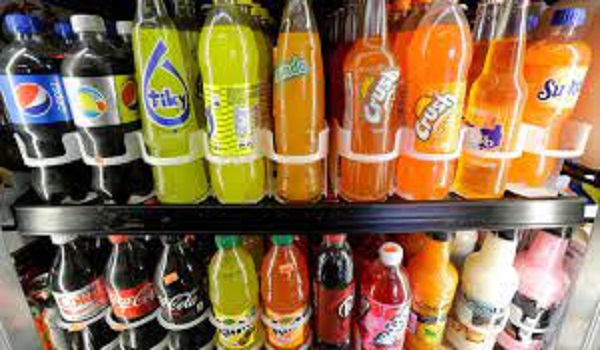In a recent statement, the World Health Organization (WHO) has recommended that countries worldwide increase taxes on sugar-sweetened beverages (SSBs) as a means to encourage healthier behaviours. The global health agency expressed concern that too few states are currently utilizing taxes effectively to incentivize healthier lifestyle choices.
After conducting an analysis of taxation rates, the WHO highlighted that the average global tax rate on “unhealthy products” like sugary drinks is notably low. The organization suggests that raising taxes on these products could contribute to the improvement of global public health.
The WHO’s statement emphasizes, “The WHO recommends that excise taxes should apply to all sugar-sweetened beverages (SSBs) and alcoholic beverages,” clarifying that excise taxes target specific goods and services.
The organization shared alarming statistics, stating that 2.6 million people annually succumb to the effects of alcohol consumption, while over eight million die due to unhealthy dietary habits. The WHO firmly believes that implementing taxes on alcohol and SSBs can help reduce these mortality rates by not only decreasing the consumption of these products but also providing companies with an incentive to produce healthier alternatives.
While acknowledging that 108 countries impose some form of taxation on SSBs, the WHO highlighted that globally, excise taxes on average represent only 6.6 percent of the price of a soda. Additionally, the organization noted that half of these countries also tax water, a practice not endorsed by the UN agency.
Rudiger Krech, the WHO’s health promotion director, emphasized, “Taxing unhealthy products creates healthier populations. It has a positive ripple effect across society—less disease and debilitation and revenue for governments to provide public services.”.


